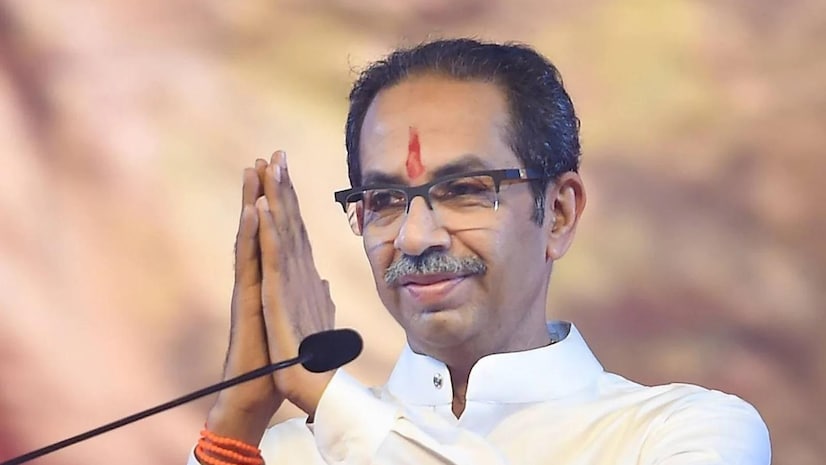 |
|
The recent criticism leveled by Uddhav Thackeray, leader of the Shiv Sena (Uddhav faction), against former Chief Justice of India U.U. Lalit highlights a significant point of contention within the ongoing political turmoil in Maharashtra. Thackeray's accusations center on the perceived undue delay in delivering a verdict on the disqualification of several Shiv Sena MLAs, a case with profound implications for the state's political landscape. The prolonged wait, Thackeray argues, is not only frustrating but also undermines public trust in the judicial system. This critique raises broader questions about the role of the judiciary in resolving complex political disputes and the potential consequences of protracted legal processes. The delay, particularly in a case involving such high-stakes political maneuvering, has fueled speculation and uncertainty, further exacerbating tensions already strained by the dramatic events of June 2022.
The core of the controversy lies in the rebellion within the Shiv Sena, led by Eknath Shinde. Shinde's faction, comprising a significant number of MLAs, broke away from Thackeray's leadership, ultimately aligning with the Bharatiya Janata Party (BJP) and forming a new government. This dramatic power shift triggered a series of legal battles centered on the legitimacy of Shinde's actions and the disqualification of the rebel MLAs. The legal arguments hinge on the interpretation of anti-defection laws and the definition of a 'split' within a political party. The Supreme Court, under the then-CJI U.U. Lalit, was tasked with adjudicating these complex legal issues. However, the anticipation of a swift resolution has been met with prolonged delays, causing considerable frustration and political uncertainty. The lack of a decisive verdict has left the state in a precarious position, with power dynamics hanging in the balance and the legitimacy of the Shinde-led government continually challenged.
Thackeray's public condemnation of the former CJI is a significant escalation of the political rhetoric surrounding this issue. His outspoken criticism directly challenges the perceived impartiality and efficiency of the judicial process, raising questions about potential biases or undue influences. The accusations are not just about the delay itself, but also about the implications of that delay for the stability of the state. The protracted legal battle has contributed to a climate of political instability, undermining public confidence in both the political and judicial systems. The uncertainty surrounding the legitimacy of the current government has hampered governance and created a climate of uncertainty. The delay also fuels skepticism and conspiracy theories, further deepening the political divide. The lack of a clear and timely resolution creates an environment where the existing power structure remains contested, creating a climate of uncertainty detrimental to political stability in Maharashtra.
The case's wider implications extend beyond the immediate political landscape of Maharashtra. It raises broader questions regarding the efficacy of legal mechanisms designed to address internal conflicts within political parties and the timely resolution of disputes with significant constitutional implications. The case serves as a potential precedent for future similar situations, highlighting the need for clearly defined legal frameworks and a robust system to ensure prompt and impartial judicial processes in resolving such high-stakes political conflicts. The outcome of the case will significantly influence not only Maharashtra's political trajectory but also shape the understanding and application of anti-defection laws across the country. The continuing delay serves as a stark reminder of the challenges involved in navigating complex political and legal battles, and the potential consequences of an extended wait for justice.
Moving forward, the need for a decisive and timely resolution is paramount. The prolonged delay has only served to deepen the existing political divide and undermine public trust in both the political and judicial systems. A transparent and efficient judicial process is crucial to maintaining stability and upholding the rule of law. The case highlights the importance of clear legal frameworks and procedures designed to handle such politically charged disputes in a manner that ensures fairness, efficiency, and promotes public confidence. The outcome will have a significant impact on Maharashtra's political future and set precedents for handling similar situations in other states. The resolution should strive to restore stability, address the underlying issues that contributed to the initial conflict, and reassure citizens about the efficacy of the judicial system.
Source: Uddhav Thackeray Slams Former CJI U.U. Lalit Over Delay in Verdict on Shiv Sena MLA Disqualification
